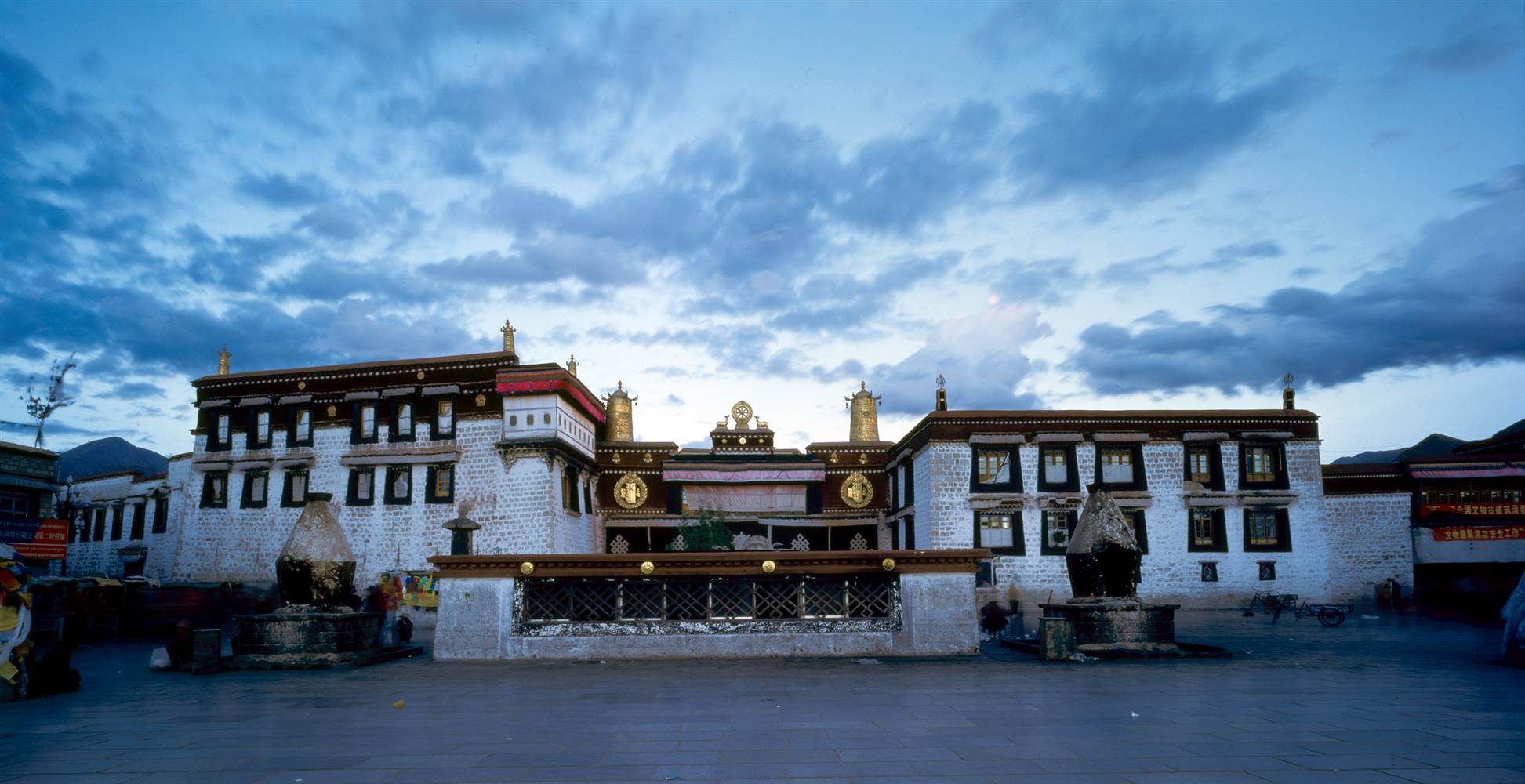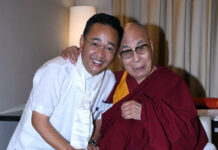
(TibetanReview.net, Jul11’20) – As followers and devotees in the free world marked the Dalai Lama’s 85th birthday on Jul 6 with festivities, prayer services, charity events, environmental activism and the like, the Chinese government imposed a clampdown in many parts of his occupied homeland by banning outside visitors to monasteries. Amid tight restrictions on communication and information channels, at least one region reported that a team led by its top local police official and party leader inspected a major monastery to ensure that the ban was being complied with, reported the Tibetan service of rfa.org Jul 10.
The report said, citing local contacts, that areas covered by the prohibition included monasteries in the traditionally Tibetan regions that now constitute the Qinghai province, forms part of China’s Sichuan Province and, as well as parts of Kanlho (Chinese: Gannan) Prefecture in China’s Gansu Province.
“While introducing Chinese policy and relevant laws to the monasteries, the officials emphasized that no outside visitors would be permitted to stay there,” the report quoted a source as saying.
The Ganden Phuntsok Ling monastery in Rongdrag (Danba) County of Kardze (Ganzi) Prefecture, Sichuan province, was visited by a team led by Wang Shu Yin, a Communist Party official and head of the local police department, on Jul 5 to conduct inspections, the report said.
The team told the residents to become “exemplary and patriotic” monks and watch out for any outside visitors in the area and in the monastery itself, the source was cited as saying, adding, “The officials urged the monks to report any suspicious persons to the local government or police department.”
The report cited the source as saying strict prohibitions against overnight visitors to the monastery had been in place since 2019 in an effort to deter protests on the occasion of politically sensitive anniversaries such as the Mar 10th anniversary of Tibetan national uprisings against Chinese rule and the Jul 6 birthday of the Dalai Lama.
China considers the Dalai Lama, Tibet’s exiled spiritual leader, a separatist although he has for decades been seeking genuine or meaningful autonomy for his homeland as enshrined in China’s constitution.





